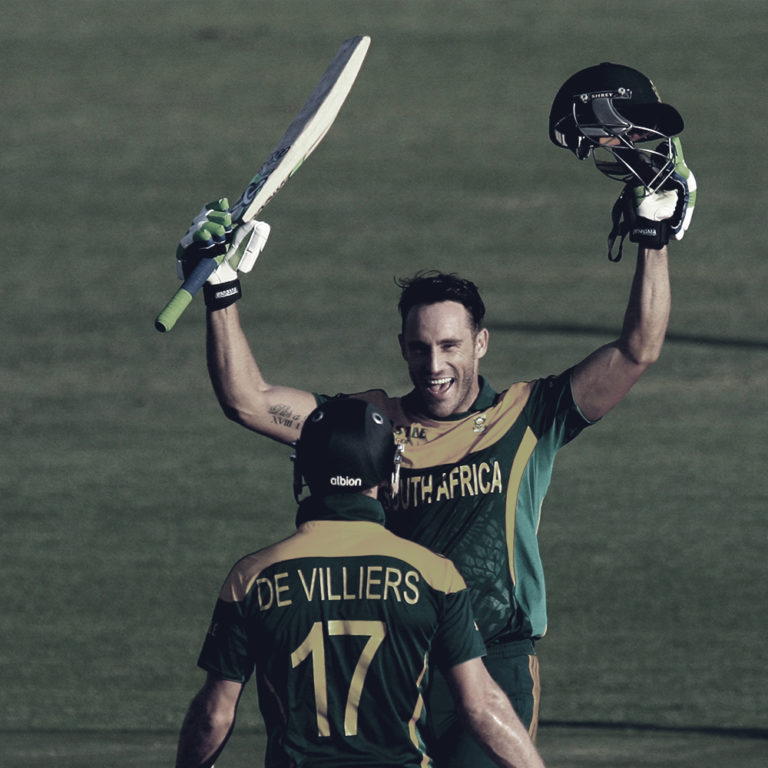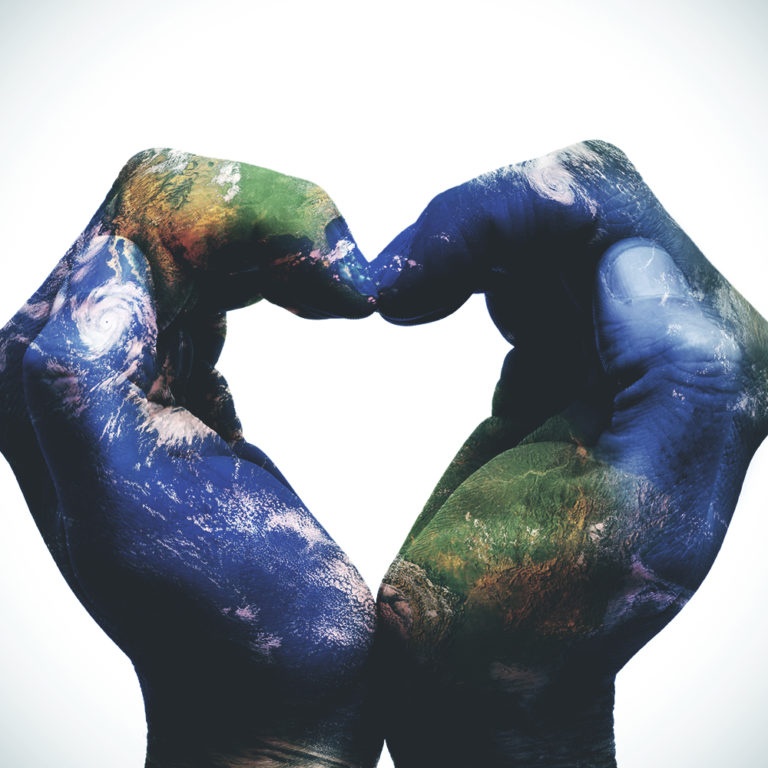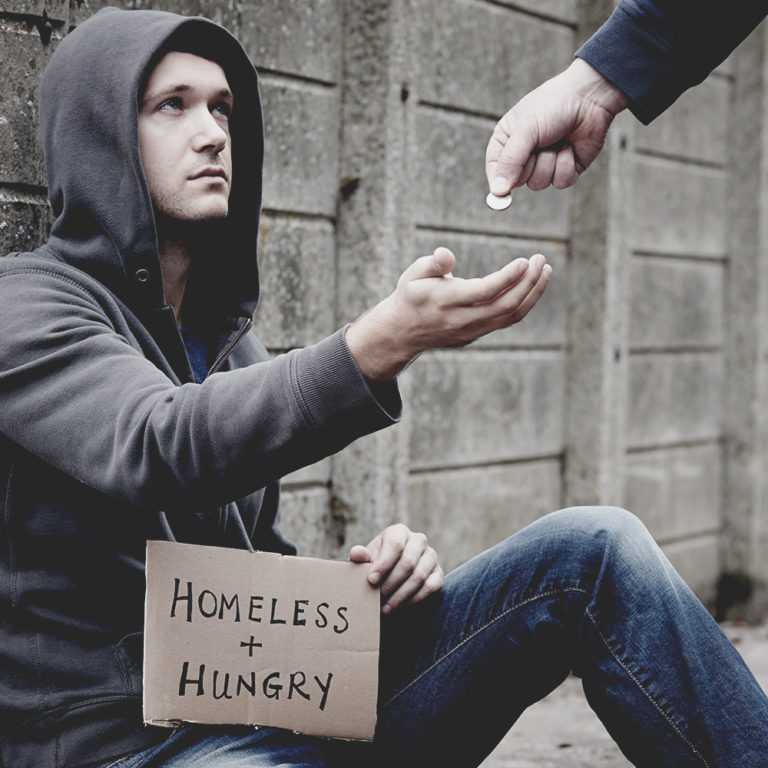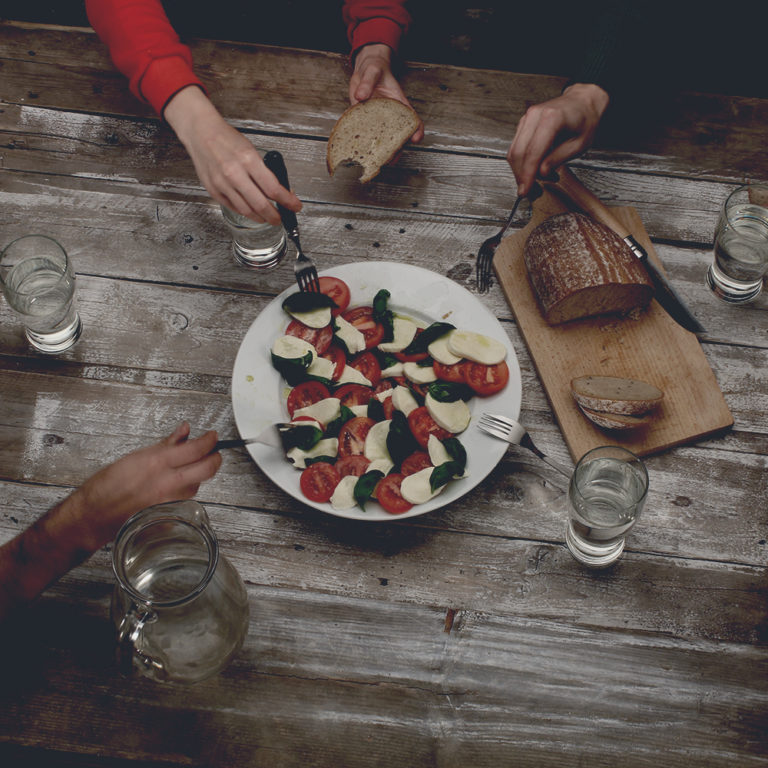Not too many people may be aware that the U19 Cricket World Cup is happening at the moment. South Africa had quite a dismal showing but managed to gain a little pride with a complete ten wicket route of Scotland in their last game. But it was the final over of the crucial clash between West Indies and Zimbabwe that suddenly brought world attention to this tournament.
I remember back in the ’93/’93 season when Peter Kirsten was the last person in international cricket to be on the receiving end of a Mankad by a furious Kapil Dev of India. That was the last time this happened, so you can tell how rare it is.
WHAT EXACTLY IS A MANKAD?
Technically it counts as a run-out and it happens when the batsman who is not facing is so much out of his crease that the bowler is able to knock the bails off the stumps as he runs up to them.
It was named in 1947/1948 after a bowler named Vinoo Mankad ran out Australian batsman Bill Brown in this fashion in a Sydney test, and the name stuck after much controversy.
The controversy comes from the fact that it is not viewed by most as a particularly sportsmanlike move. (The question is whether the critics have the same kind of strong feelings towards batsmen who don’t walk when they know they have hit the ball, and the answer is usually no – so hypocrisy much?)
This was particularly painful for the Zimbabwean U19 team as they needed just three runs off the final over with their last pair of batsmen at the crease and so the likelihood is that they would have won the game and progressed to the semi-finals.
HOW WAS IT VIEWED
Of course, Twitter exploded after the incident where West Indian bowler Keemo Paul ran out Richard Ngavara in this fashion. It was interesting to see a number of international cricketers weighing in:
Former New Zealand captain Stephen Fleming weighed in:
Right or wrong, just a sad way to end a good game especially with so much on the line #winatallcosts????
— Stephen Fleming (@SPFleming7) February 2, 2016
As did current England ODI captain, Eoin Morgan who was clearly not impressed:
Disgraceful behaviour in the U19CWC. WI’s should be embarrassed!!
— Eoin Morgan (@Eoin16) February 2, 2016
Our very own Alviro Petersen weighed in:
I cant support what just happened in the #U19CWC @ICC perhaps a decision taken without thought… #sportsmanship
— Alviro Petersen (@AlviroPetersen) February 2, 2016
There were some voices in agreement with the decision though:
Why bring in a law that allows it and then say it’s not in the spirit. Isn’t it poor sportsmanship that he’s stealing a run? #WIvZIM
— Stuart Meaker (@SMeaker18) February 2, 2016
R Ashwin gave a bowler’s perspective:
@lk_karthik @ImAishu_ @SriniMama16 every single day,I can’t push the front line,why should a batsmen gain yards.
— Ashwin Ravichandran (@ashwinravi99) February 2, 2016
And Harsha Bhogle questioned the hypocrisy:
Amazed that the spirit of the game never comes up when batsmen hit the ball and stay on but does when a bowler mankads a batsman….
— Harsha Bhogle (@bhogleharsha) February 2, 2016
HOW ABOUT YOU?
I have always been a fan of batsmen walking when they are given out and Adam Gilchrist, Jonty Rhodes and Hashim Amla all have huge respect from me for being known to do that. So the question really boils down to one between technicality and the spirit of the game.
If you’re talking “spirit of the game,” perhaps you have to take Meaker’s point into account: Is it in the spirit of the game for the batsman to be stealing ground?
This is a tough one and I imagine probably a little bit clearer if you are on the West Indies team, who move forwards to the semi-finals, and also for the distraught Zimbabweans who are heading back home because of it.
What about you, though? If you were the bowler in that position, would you have gone for it?










